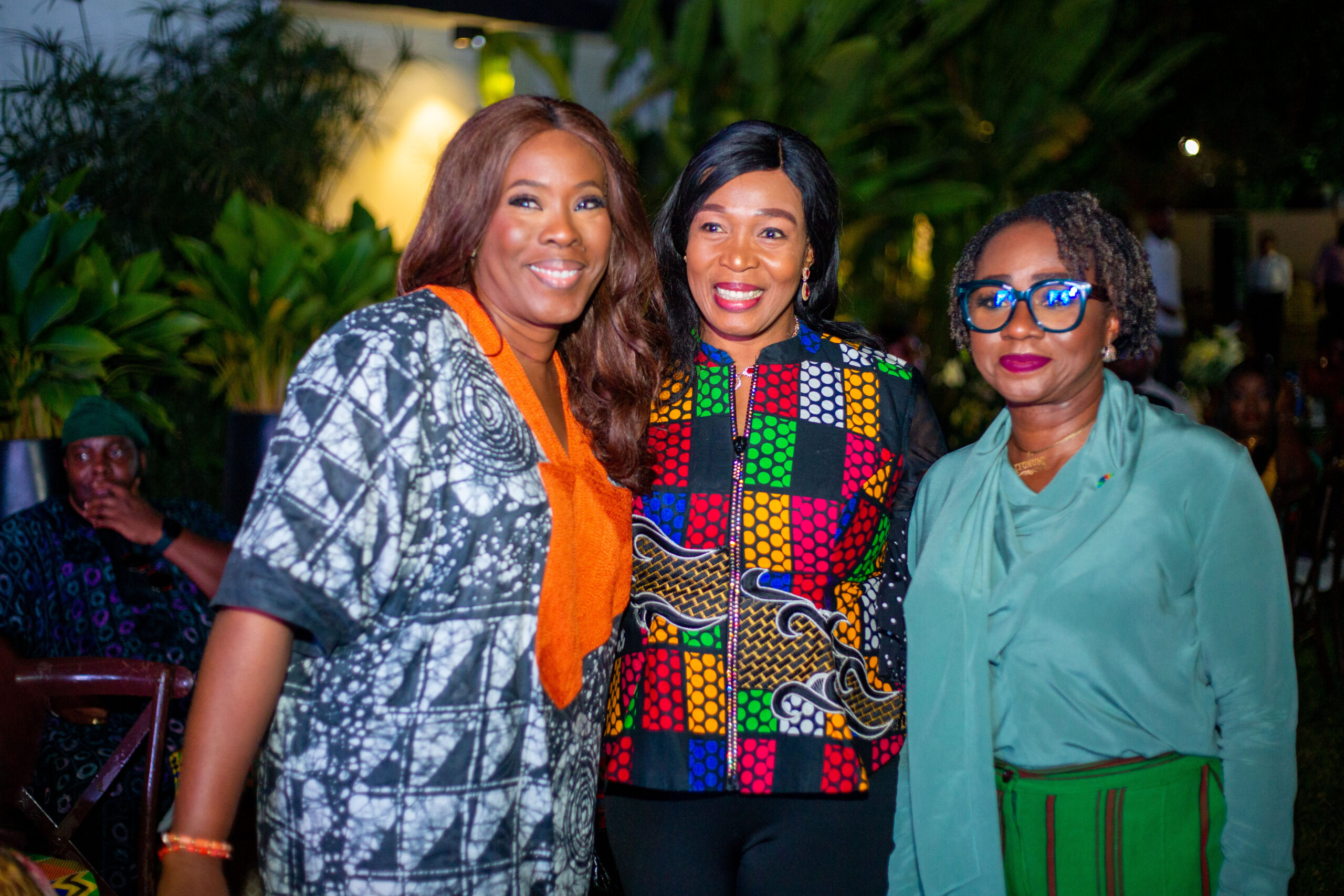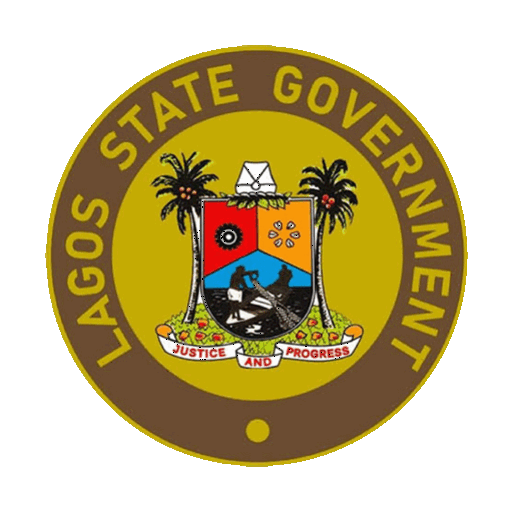
OCCE set Stage for Circular Fashion with Lagos Eco-Fashion Roundtable.
Lagos, January 3rd, 2025.
The Office of Climate Change and Circular Economy (OCCE) has reaffirmed its commitment to fostering sustainable development in Lagos with the inaugural Eco-Fashion Roundtable. Held recently in Lagos, at the Tiffany Amber Garden, Ikoyi, this groundbreaking event is part of a broader strategy to establish Lagos as a global hub for sustainable fashion while addressing the pressing challenges posed by textile waste.
“This initiative comes at a pivotal time when Lagos generates over 2 million tons of textile waste annually, significantly impacting our state’s fragile ecosystem”, said Mrs Titilayo Oshodi, Special Adviser to the Governor on Climate Change and Circular Economy. She furthered that the Eco-Fashion Roundtable exemplifies the OCCE’s forward-thinking approach, showcasing its capability and political resolve to transform these challenges into opportunities for socio-economic growth.
At the heart of the event was a vision to integrate circularity into Lagos’ fashion industry—a sector poised to become a driver of innovation, environmental conservation, and job creation. Speaking on the commitment of her office, Mrs. Oshodi, furthered: “Sustainability is not just about protecting the environment; it’s about creating economic opportunities for the people of Lagos. Circular fashion is one of our pathways to achieving this dual goal.”
The event featured a documentary showcasing diverse voices from the fashion value chain, including manufacturers, upcyclers, waste collectors, vintage thrift sellers, and sustainable fashion advocates. The documentary underscored how circular practices can reduce waste, conserve resources, and inspire a new era of sustainable innovation.
One of the event’s most compelling moments was a presentation by Sidikat Folami, founder of Mateen-Lander, who emphasized the urgency of addressing Nigeria’s textile waste crisis. Folami highlighted practical, innovative solutions to repurpose discarded textiles into valuable raw materials, demonstrating how such efforts can create jobs while mitigating environmental harm. Her thought-provoking question resonated deeply: “What if we could turn textile waste into wealth while protecting our environment and communities?”
Dr. Odunsi, CEO of Carbonivity, built on these ideas by leading an engaging roundtable discussion on the eco-fashion value chain. The interactive session invited policymakers, industry leaders, and advocates to explore pathways for collaboration, particularly on building a sustainable and scalable ecosystem for the fashion industry. Participants outlined actionable steps to drive investment, support innovation, and enhance stakeholder engagement to position Lagos as a leader in sustainable fashion.
The Eco-Fashion Roundtable was not a standalone effort but part of OCCE’s larger framework of initiatives aimed at unlocking the potential of Lagos’ circular economy. Programs like Eco-Circulate and partnerships with organizations such as Mateen-Lander emphasize waste-to-wealth approaches that align with global best practices and the United Nations Sustainable Development Goals (SDGs).
For international development organizations and donors, the Eco-Fashion Roundtable demonstrates that Lagos is prepared to lead transformative change in Africa’s fashion industry. The OCCE has the expertise, resources, and political commitment to drive innovation while addressing environmental challenges, making Lagos a model for sustainable urban development.
As Lagos advances its circular fashion agenda, OCCE remains committed to leveraging partnerships, creating inclusive economic opportunities, and ensuring environmental sustainability. This forward-thinking approach signals a bold step toward a greener, more prosperous future for the city and its residents.


